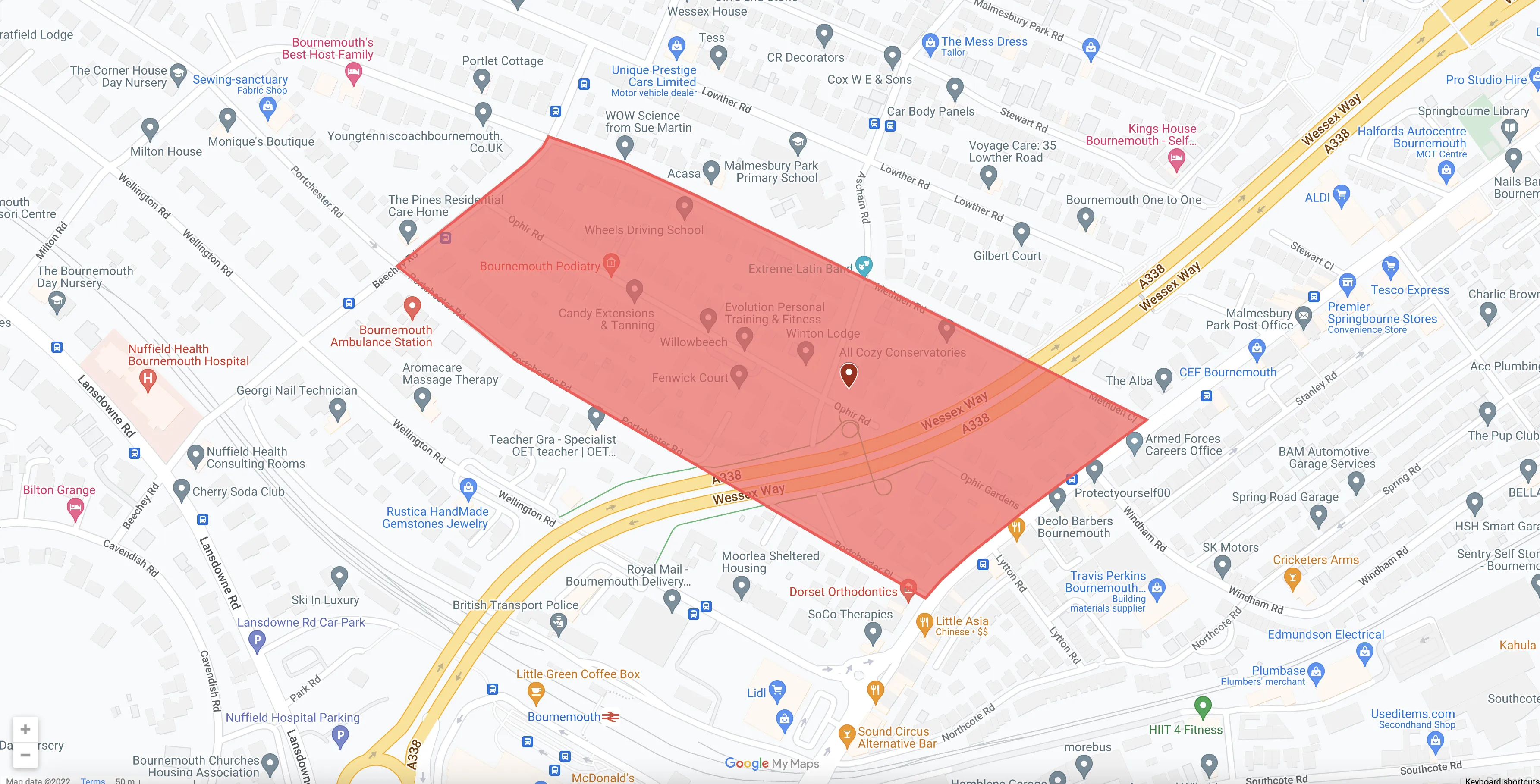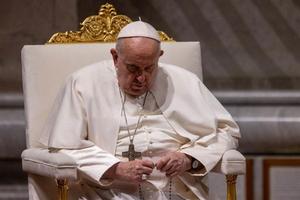English Town Forbids Prayer, Making Sign of the Cross, and Using Holy Water Near Abortion Facility
In a press release published on Oct. 11, the council said the decision to enforce a Public Spaces Protection Order (PSPO) was made following a public consultation. A PSPO is intended to stop anti-social behavior.

A council in England has made making the sign of the cross and prayer illegal in public areas around an abortion provider.
The Council of Bournemouth, Christchurch, and Poole in southern England has drawn red lines around an abortion provider and designated the area a “safe zone.” Anyone caught crossing themselves, reciting Scripture, or sprinkling holy water behind these red lines can be fined £100 (about $113) or risk a court conviction.
The prominent Catholic convert Gavin Ashenden wrote on Twitter: “Bournemouth 2022. It is now illegal to cross yourself. Stop for a moment and think about the implications….”
One Twitter user responded to Ashenden’s tweet, saying: “This is such explicit anti-religious, anti-Christian animus.”
In a press release published on Oct. 11, the council said the decision to enforce a Public Spaces Protection Order (PSPO) was made following a public consultation. A PSPO is intended to stop anti-social behavior.
There were 2,241 responses to the consultation. Seventy-five percent of respondents supported the principle of a PSPO being implemented, while 24% did not support it, the council’s media release said.
“Whilst we acknowledge the right of anyone to conduct a peaceful protest, we had to balance this against the distress caused or likely to be caused, and the detrimental impact of behaviours experienced by those accessing medical services or doing their jobs,” Councillor Bobbie Dove said in the statement.
The order has been in force since Oct. 13 and will remain in place for three years.
Under penalty provided by the PSPO, the council forbids a number of behaviors from Monday to Friday between 7 a.m. and 7 p.m., including “vigils where members audibly pray, recite Scripture, genuflect, sprinkle holy water on the ground or cross themselves if they perceive a service-user is passing by.”
Further prohibited behaviors include protesting, which can include ”prayer or counselling,” but also the intimidation and harassment of clinic staff, as well as the display of “text or images relating directly or indirectly to the termination of pregnancy and or playing or using amplified music, voice or audio recordings.“
CNA contacted the Diocese of Portsmouth but did not receive a response by the time of publication.
The council’s prohibition is not the only thing some pro-lifers are concerned about.
The Society for the Protection of Unborn Children drew attention to findings of an inspection report into the Bournemouth abortion facility that identified numerous problems.
The 30-page inspection report by the Care Quality Commission, an independent regulator, found that the abortion center, run by the British Pregnancy Advisory Service (BPAS), “did not always ensure the correct legal documentation was completed” before surgical abortions were undertaken.
Moreover, the review said the Bournemouth BPAS facility “did not always provide care and treatment following current national guidance to ensure pregnancy remains were treated with respect.”
A representative of the facility was not immediately available for comment Tuesday.
The Society for the Protection of Unborn Children on Oct. 13 said: “BPAS’s callous disregard of the bodily remains of aborted babies has been exposed in yet another damning investigation.”
The push for so-called “safe zones” around an abortion clinic in Bournemouth is not an isolated case.
Right to Life U.K. said on Oct. 9 that a “censorship zone in Manchester will deny pregnant women emotional and practical support.”
The U.K. government has acknowledged that the human right to freedom of religion or belief is guaranteed under international law.
Per its own guidance, this includes “not just the freedom to hold personal thoughts and convictions, but also being able to express them individually or with others, publicly or in private.”

















